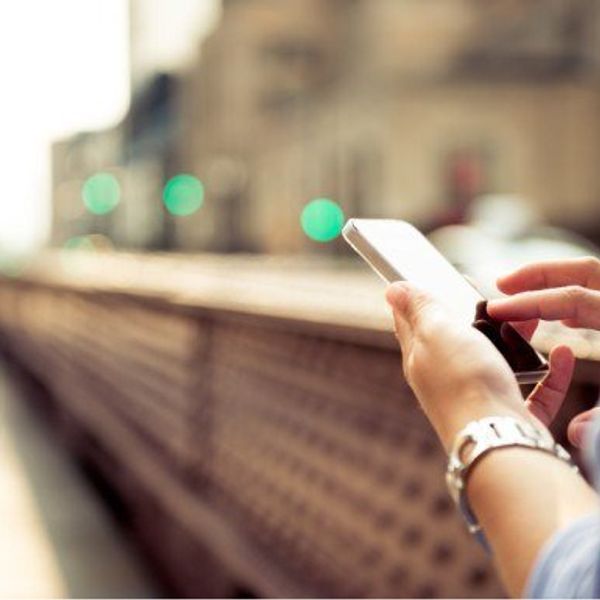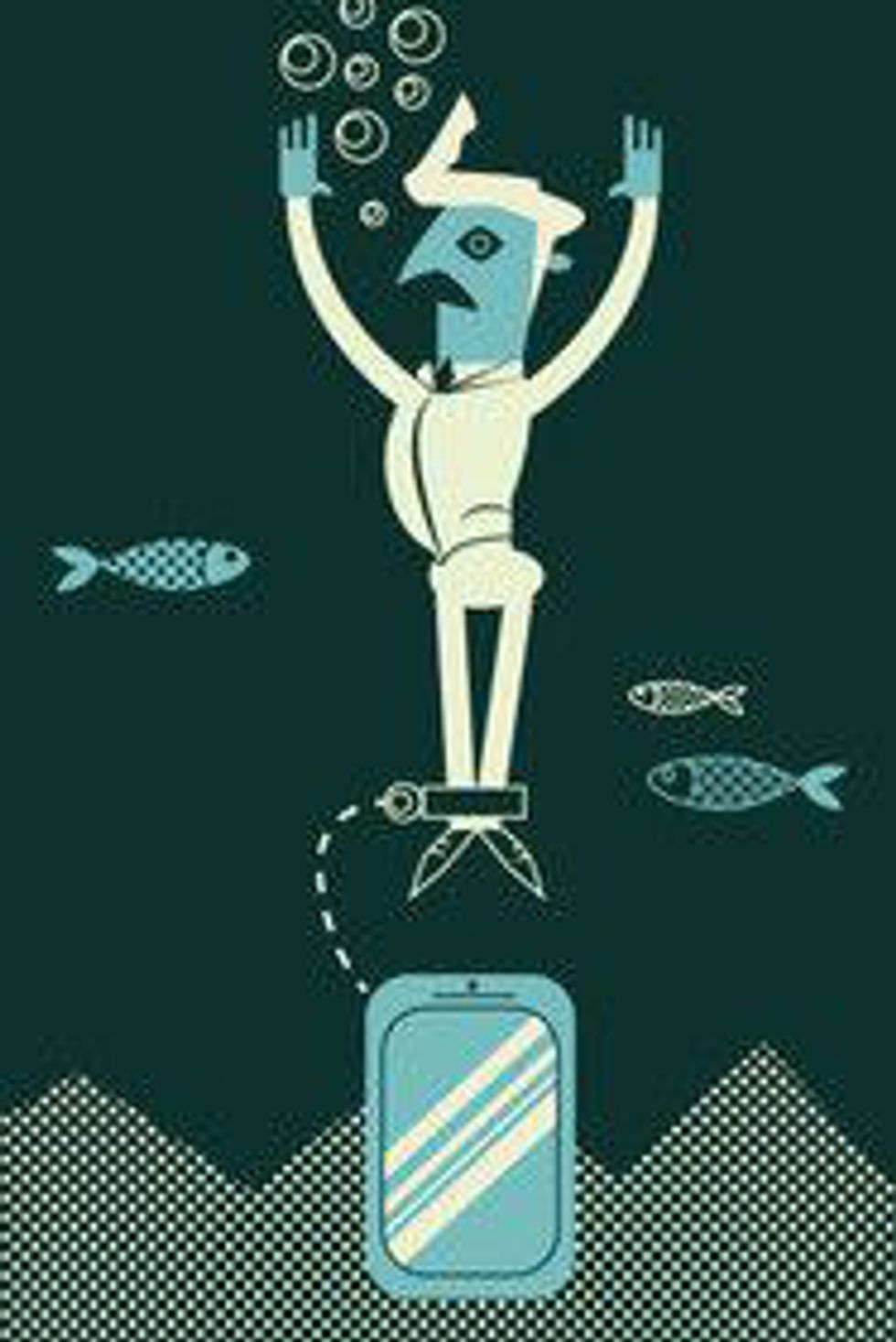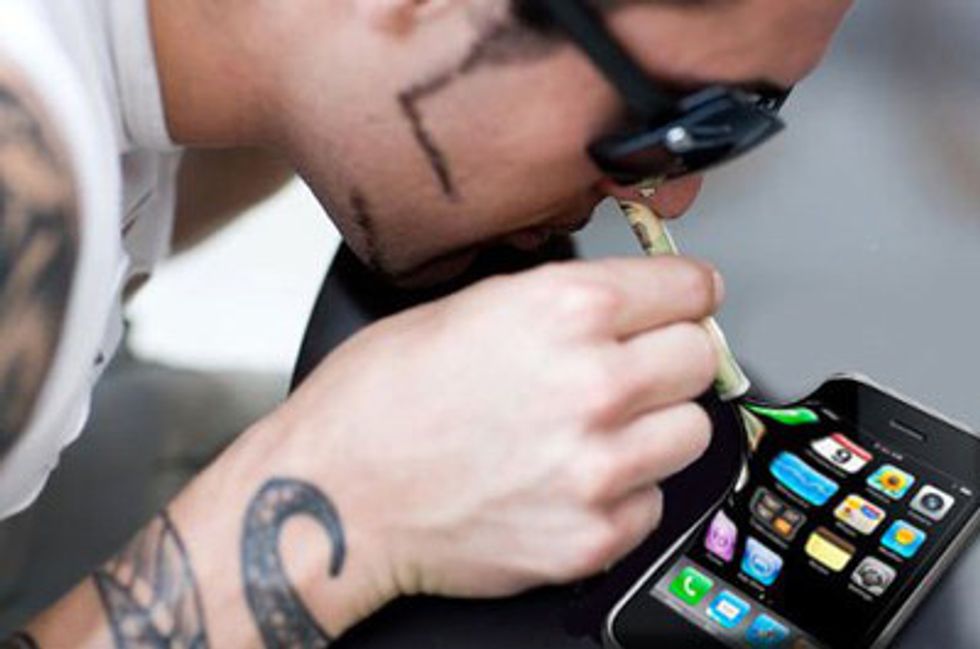With the exception of Ron Swanson, everyone has a smartphone. Millions of users are staring at their glowing devices, which are sucking them further and further into the world of mobiles. It’s become a way of life, from professional and educational to games and fun. Work and school emails can be received wherever you and your phone are, and on the same device, you can search for Pokémon in your neighbor’s yard. Smartphones have evolved to do virtually anything you wish them to do. They remind you to pick something up at the grocery store and keep track of your finances, while also allowing you to do instant research on that cute new actor.
I didn’t have a smartphone until August 2014, right before my freshman year at Western Washington University. I had never felt left out during high school because I didn’t have a smartphone, though. Obviously, my friends “encouraged” me to get one, but I didn’t see the point. All I needed my phone to do was call and text people, and it did it’s job well. When my upgrade came along, I decided I’d make the jump into the realm of smartphones before I went off the college. Personally, I chose an Android (a Galaxy, to be exact). In the raging war between Androids and iPhones, all I have to say is I think iPhones are a bit basic and Androids are much more personalized. But that is a discussion for another time. Pick your poison.
Since having my smartphone, I’ve noticed a few changes in my personality. I can’t focus as well, I find myself needing multiple bursts of distractions (mainly checking my phone) while doing things (like homework or just hanging out). I often open my phone and aimlessly check apps where I waste hours of time. I usually rotate between social media apps and then when I’ve checked all the new feeds, I go back to the beginning and start the horrific cycle again. Before I go to sleep, I'm on my phone. When I wake up in the morning, I'm on my phone.
I also feel less patient -- since I’m so used to my phone giving me instant gratification, when it’s slow to load, I become irritated and frantically try to get it back. It also flows over to other aspects of life, the world we live in is all about instant and fast. We have lost our patience and the art of waiting. Not many people these days have the tolerance to do activities that last more than 20 to 30 minutes, if that. Board games are advertised as taking 15 minutes to play, and Amazon Prime will deliver to you within two days so you can get your items as quick as possible.
Smartphones have fully integrated into our society. They make us impatient and less creative. Our brains are dulled by the constant repetition of meaningless apps. They also leave us disengaged with others as we stare at our phones instead of engaging in a healthy conversation with those around us. And what’s worse is that our society makes us believe how important all of these things are -- how we need to share every aspect of our lives with the whole planet and dedicate our precious time to gazing into the bright light of our highly interconnected gadgets.























